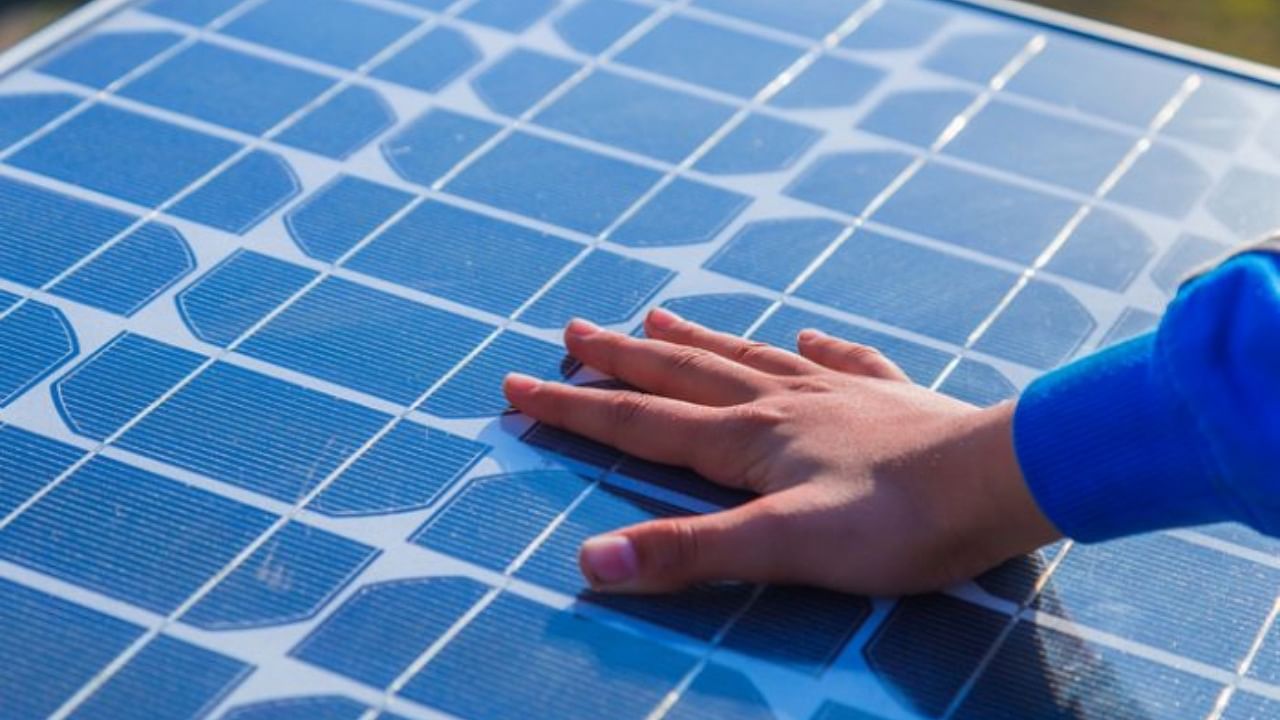
India may exempt some solar projects from paying duties on equipment imports, according to government and industry sources, to bring renewable-energy capacity additions back on schedule and lower consumer power tariffs.
Projects with 30 gigawatts of capacity will benefit, the sources said.
In March 2021, the government announced 25% basic customs duties on solar photovoltaic cells and 40% on solar photovoltaic modules with effect from April 1, 2022 in order to block Chinese imports and encourage indigenous manufacturing.
Exemption is being considered for projects that were awarded under tariff-based bidding by central agencies before the announcement was made on March 9, 2021, according to a government official and two company executives privy to the matter. They asked not to be named.
The exemption would speed up implementation of the projects, which have been delayed by at least a year.
The finance ministry declined to comment and the Ministry of New and Renewable Energy did not immediately respond to a query sent by Reuters.
The official added that the finance ministry was considering exempting these projects in the Feb. 1 budget for the fiscal year beginning April 1.
In September, the government provided partial relief to developers by allowing such solar projects to pass on price increases due to taxes to consumers after approval from power regulators. That resulted in higher power tariffs - and delays as developers went through the procedures.
The industry officials said these projects were under cost pressure because their developers had quoted aggressively low tariffs to win contracts in auctions held by central agencies in 2020-21 but had not expected to pay the import duties.
Solar power projects with a combined capacity of at least 30 gigawatts have been either delayed or are facing an uncertain future due to the increase in module prices and also due to supply constraints, according to the National Solar Energy Federation of India.
More than 90% of equipment for the Indian solar-electricity industry comes from China.
Domestic manufacturing has not developed far, despite government support.
Imported solar modules cost about 40 cents per watt of capacity while domestic ones cost 37 cents per watt. This is against 27 to 28 cents per watt for imported modules three years ago.